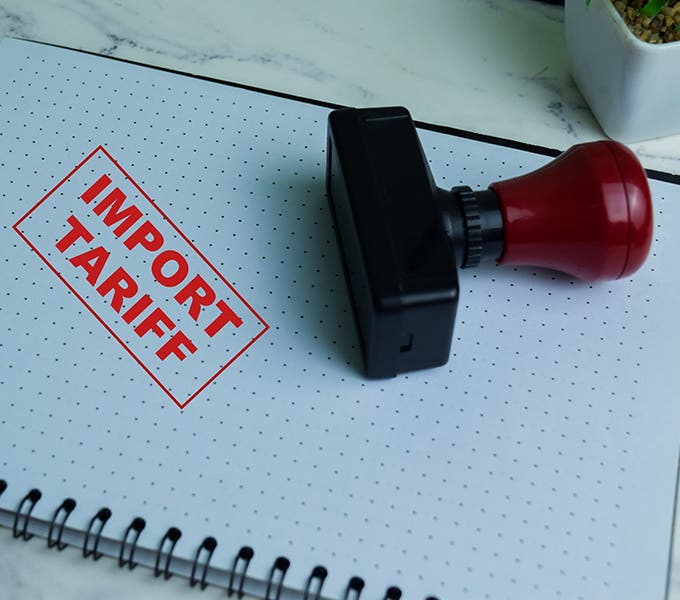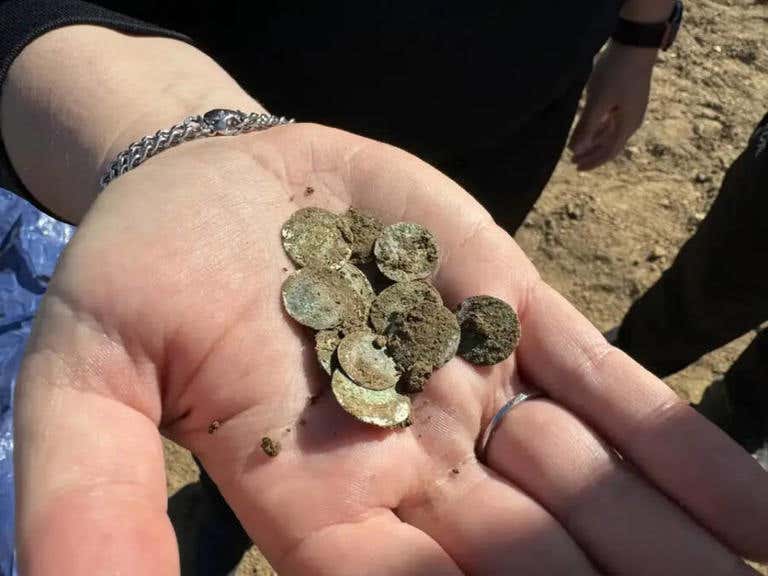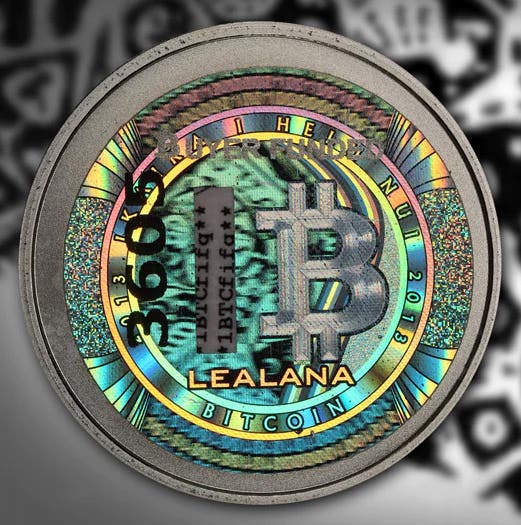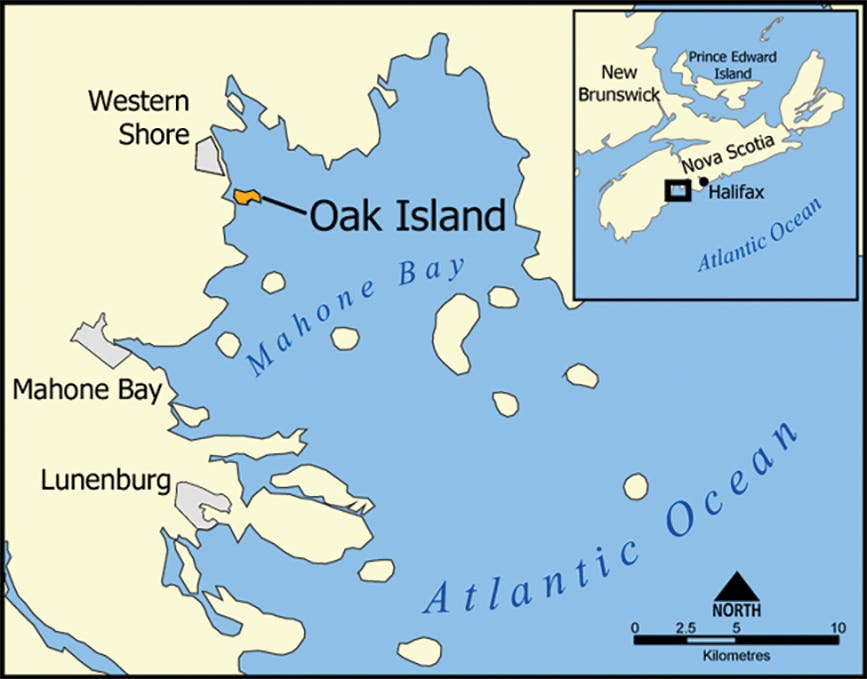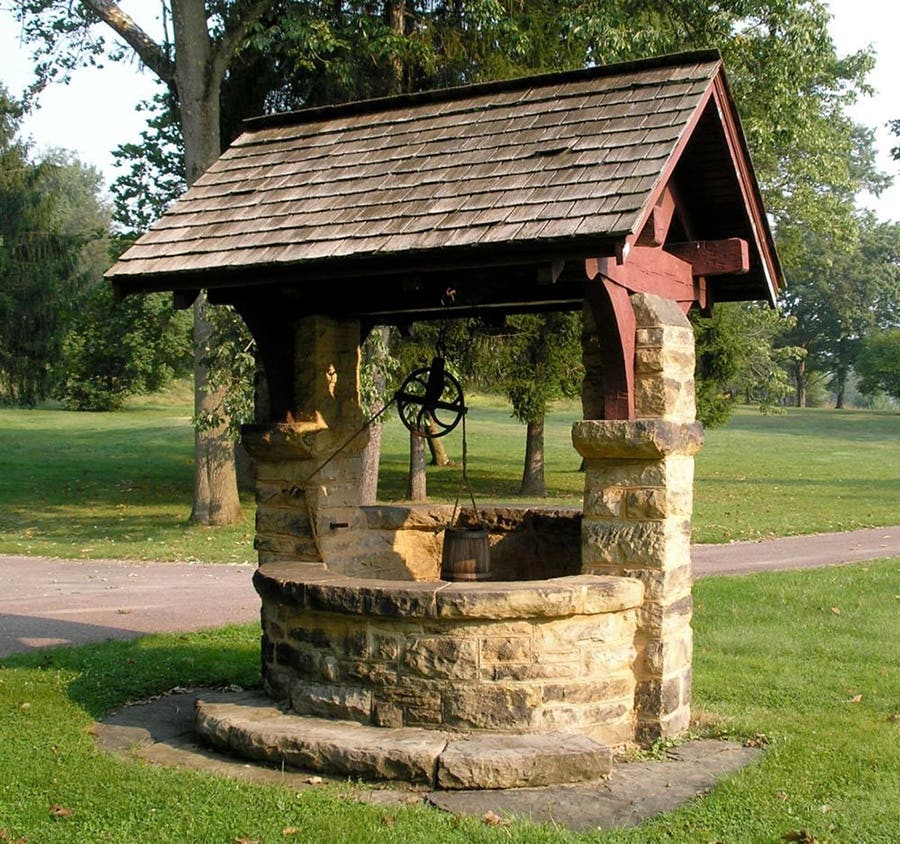Buying and Selling: Things to Consider
By Bruce Frohman Buying and selling coins seems like a simple endeavor. But if one wants to minimize purchase costs and maximize prices realized upon sale, a collector has to…
By Bruce Frohman
Buying and selling coins seems like a simple endeavor. But if one wants to minimize purchase costs and maximize prices realized upon sale, a collector has to know a lot. Having knowledge and gaining experience is essential for success. Profiting from the hobby is not guaranteed.
So many places exist to buy and sell coins that a collector needs to do a lot of shopping to find the best places to do business.
One can find collectibles for sale at coin shops, coin shows, flea markets, coin clubs, online websites, TV telemarketers and collector friends. When buying, paying too much is an easy mistake to make even while using price guides because of the possibility of over-grading or failing to notice flaws.
Buying certified coins has hazards, including over-grading and counterfeit certifications. Sellers often ask higher prices when marketing certified coins, but might not pay a premium when buying them.
One can find a wide range of asking prices for the same dated coin and grade among various sellers. Eye appeal is often a factor. So is the profit margin a seller may demand. Some sellers post high prices and are willing to haggle; others won’t haggle but may ask lower prices. And, some sellers ask high prices and won’t haggle, ensuring that whomever buys will need years to recoup the initial purchase price upon resale.
A good way to self-check ones purchases is to periodically take a newly acquired coin and solicit offers for it. Comparing ones coin with the asking price of similar coins in a display case is not useful because the data does not really confirm what someone else would be willing to pay for the coin in your hands.
A good place to solicit offers is at a coin club. If no one shows interest in the coin, the response is a signal that one needs to up his game. If one is offered more than the purchase price, an immediate profit can be taken or one can feel confident that the original purchase was a good deal.
Because the strength of the coin market is constantly in flux, timing the market is not possible. Therefore, the logical time to sell is a combination of factors.
First, do you need the money from a sale or do you have better uses for the money tied up in coins? If yes, then sell when you are able to find buyers paying what you deem fair prices.
At a coin show, one can get multiple offers in a relatively short period of time. At a coin shop, one can often obtain a fair offer. At a coin club, one may find collectors willing to pay good money or hold an auction where one can get top dollar from multiple bidders.
A second reason to sell would be if one has lost interest in a coin series.
A third reason to sell would be to relieve heirs of the burden of selling a collection. They won’t have the experience or patience of a collector to get top dollar.
Selling a collection will require the same amount of skill and patience as was exercised when buying the coins. Consider selling over a period of time rather than all at once. As one was fussy in acquiring a collection, expect potential buyers to be fussy when looking at yours.
Any coin dealer will buy an entire collection but will pay less for the many coins not needed for inventory. Coins not needed by the dealer can be taken elsewhere in search of higher offers and greater profit.
A lot of collectors do not enjoy the sales side of the hobby. Accumulation is much more fun. But, how much effort one puts in to sell will determine the ultimate profit for the hobbyist. Plenty of buyers are willing reap a windfall from a carelessly marketed collection.
Bruce Frohman is a collector from Modesto, Calif.
To have your opinion considered for Viewpoint, email submissions to numismatics@aimmedia.com.



